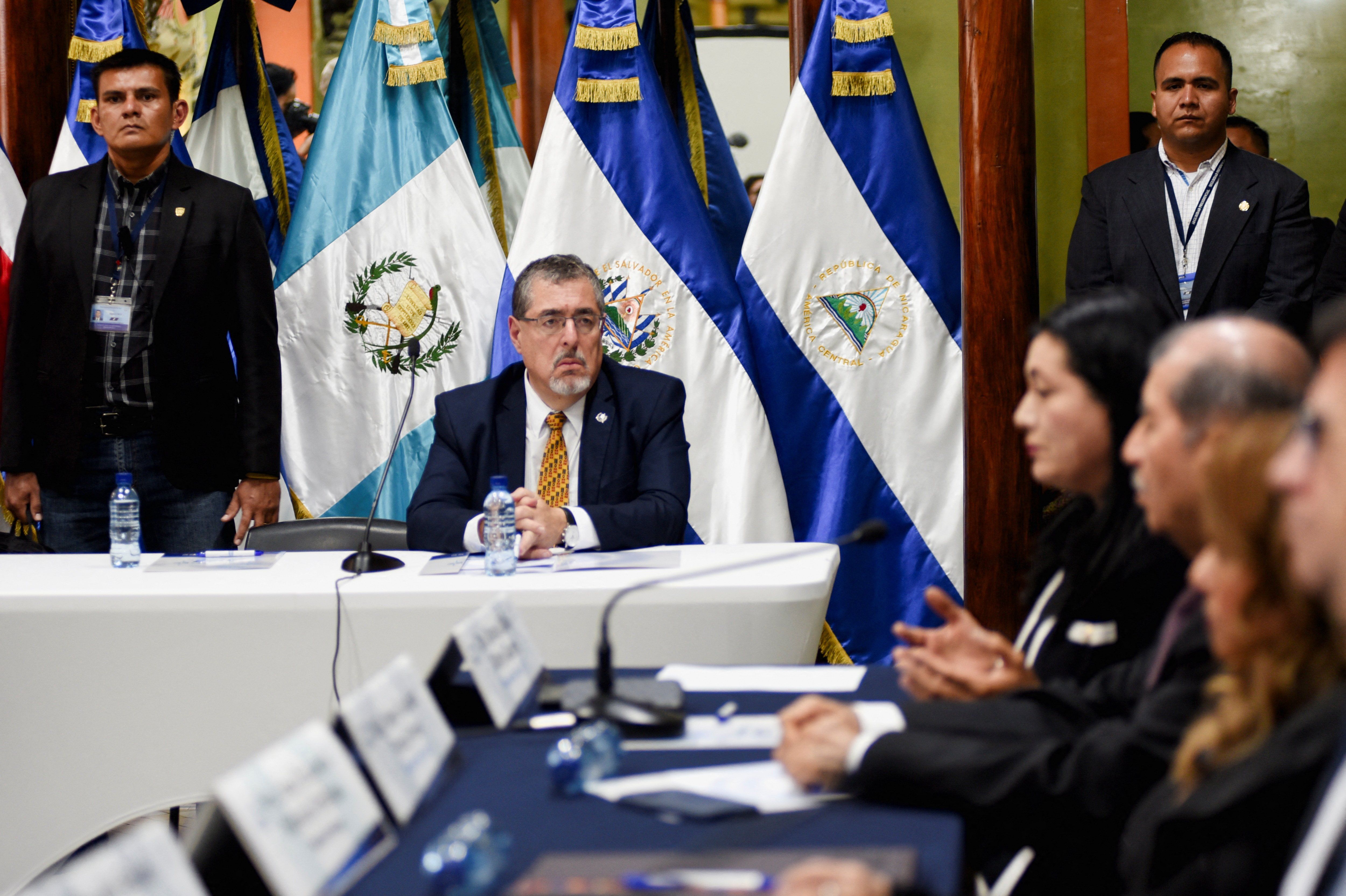In recent days, supporters of Guatemala’s President-elect Bernardo Arévalo have been blocking roads across the country to protest ongoing efforts by federal prosecutors to block him from taking office.
The background: In August, Arévalo, a former diplomat who ran on an anti-corruption platform, pulled off an upset, defeating former first lady Sandra Torres. Her supporters, including the current ruling party, alleged fraud, but those claims were disputed by international observers and dismissed by Guatemalan courts. Government prosecutors have since sought to outlaw Arévalo’s political party on a registration technicality.
The protests, led by indigenous groups and Arévalo’s supporters, began after federal agents last weekend attempted to seize voting records from the Supreme Electoral Tribunal. Arévalo’s supporters say these claims are an attempt by the establishment to prevent their upstart candidate from taking office.
The US and the Organization of American States — the region’s foremost multilateral body — have supported Arévalo, who on Tuesday met with senior officials in Washington. The protesters say they won’t back down until the attorney general resigns. Arévalo, who has called the attacks on the electoral authorities a “coup,” is due to be inaugurated in January.
